Let’s be honest: life gets busy, and sometimes organization takes a backseat to everything else. But here’s the thing—when our surroundings are chaotic, it’s easy for our minds to follow suit. Taking steps to create order in your life can make a massive difference for your mental health. How organization boosts mental health is more than just about tidying up—it’s about finding clarity and calm. Here’s how you can get started:
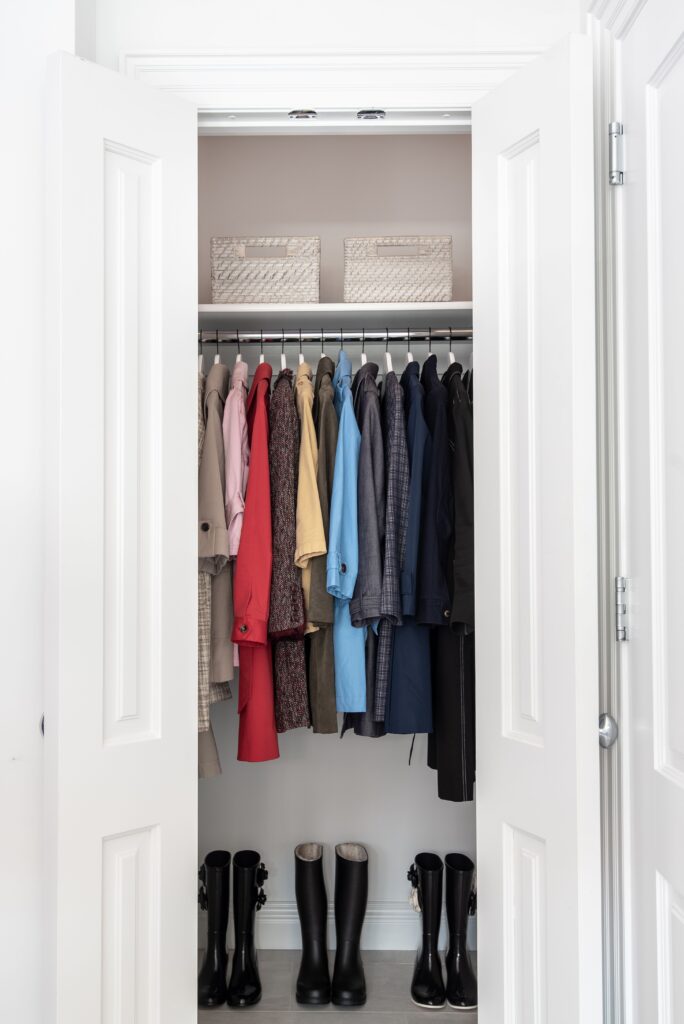
The Benefits of Organization for Mental Health
Have you ever felt like you can’t relax in a messy room? You’re not alone. Clutter impacts sleep, focus, and even your mood. It can make you feel overwhelmed and stressed, and if it’s affecting your relationships, it’s time to act. Remember, your home should be a sanctuary, not a source of anxiety. How organization boosts mental health is a proven concept that has helped many people reduce their stress and improve their well-being.
The Power of Decluttering
Creating an organized environment doesn’t just make your space look better—it’s a boost for your mind too. Research shows that decluttering can:
- Calm your thoughts
- Generate positive emotions
- Reduce stress
- Improve overall wellness
If you’ve been holding onto too much stuff, it’s okay. The process of letting go can feel freeing and help you focus on what really matters.
10 Practical Tips to Get Organized
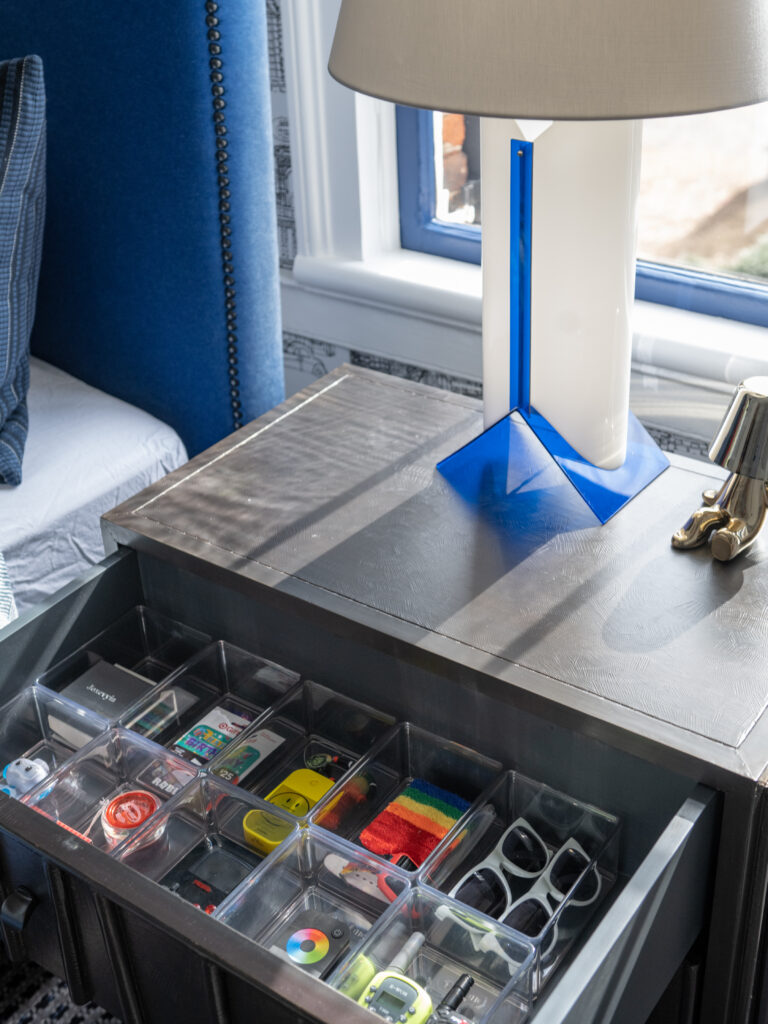
1. Start Small and Visible: Pick an area you see every day, like your desk or kitchen counter. Focusing on these high-traffic spots will give you quick wins and motivate you to keep going.
2. Sort It Out: Create piles for items to keep, donate, sell, or toss. Make sure you act on these decisions quickly to avoid second-guessing yourself.
3. Clear Everything Out: When tackling drawers, closets, or shelves, take everything out before reorganizing. You might find that trying things on or evaluating each item helps you make better decisions.
4. Use Storage Wisely: Shelves, baskets, and bins are your friends—but only if they’re functional! Choose containers that fit your space and prevent clutter from creeping back in.
5. Tame the Paper Monster: Set up a system for managing paperwork. Whether you prefer digital or physical files, make sure everything has a place to avoid last-minute scrambles.
6. Declutter Your Digital Life: Stop wasting time hunting for files or photos. Dedicate some time to organize your digital space, so everything is at your fingertips when you need it.
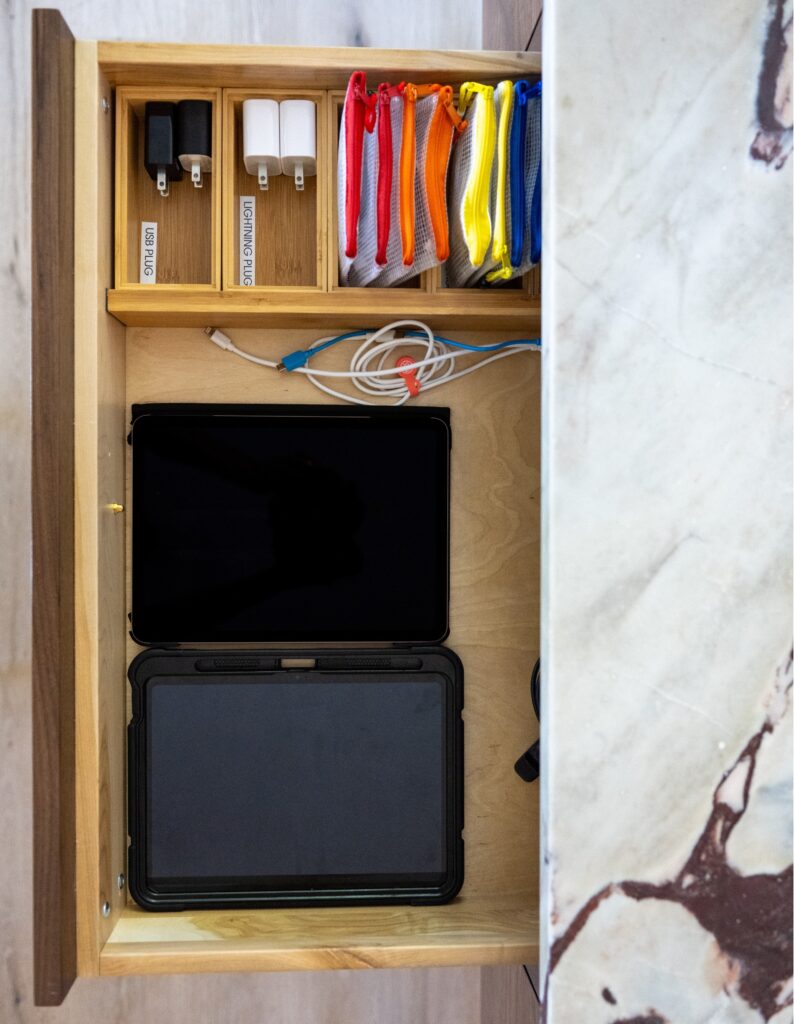
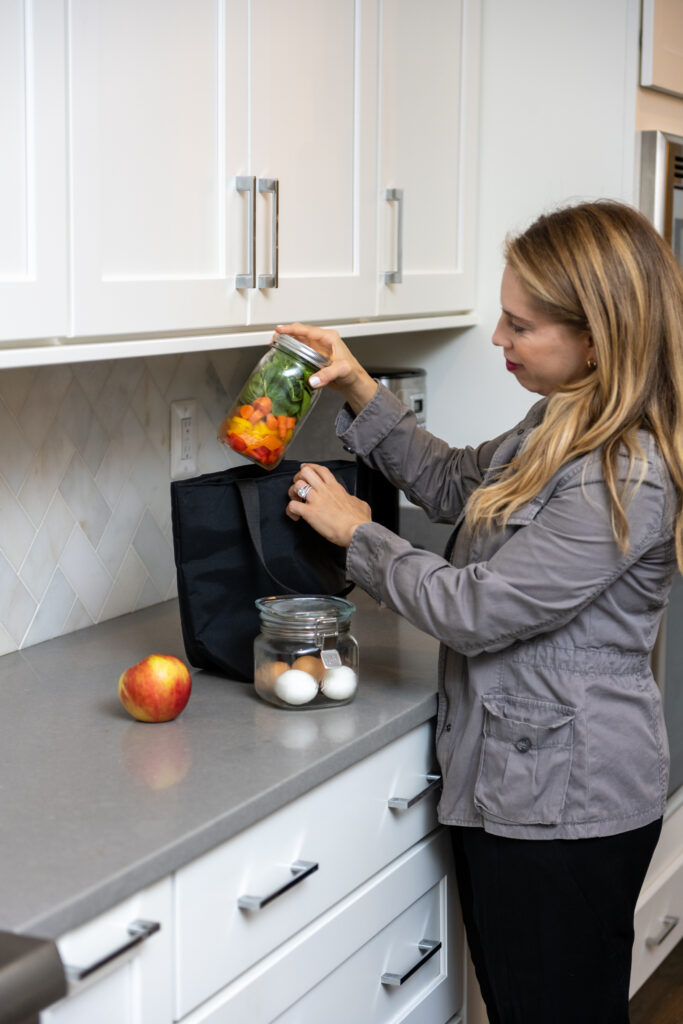
7. Ask for Help Decluttering doesn’t have to be a solo mission. Invite a friend or family member to help, or consider hiring a professional organizer if you need expert guidance.
8. Stick to a Routine A daily routine can work wonders for reducing stress. Set a consistent wake-up time and carve out moments for organizing, exercising, or simply relaxing..
9. Make a To-Do List Keep track of your goals by writing them down. Whether it’s a daily task or a weekly project, crossing items off your list feels incredibly rewarding.
10. Plan Ahead Use a planner or journal to map out your schedule. Include deadlines, events, and self-care activities to ensure your time is well-balanced and stress-free.
Get the Complete Guide
Looking for more guidance? I’ve created a downloadable resource that includes all these tips along with product recommendations to help you get organized and improve your mental health. From storage solutions to helpful tools, this guide has everything you need to transform your space and mindset.
How Organization Boosts Mental Health: A More Peaceful, Organized You
When you take the time to create order in your life, you’re giving yourself the gift of clarity and calm. These habits aren’t just about making your home look good; they’re about fostering a sense of control and mental well-being. Start small, stay consistent, and watch how these changes transform your mindset.

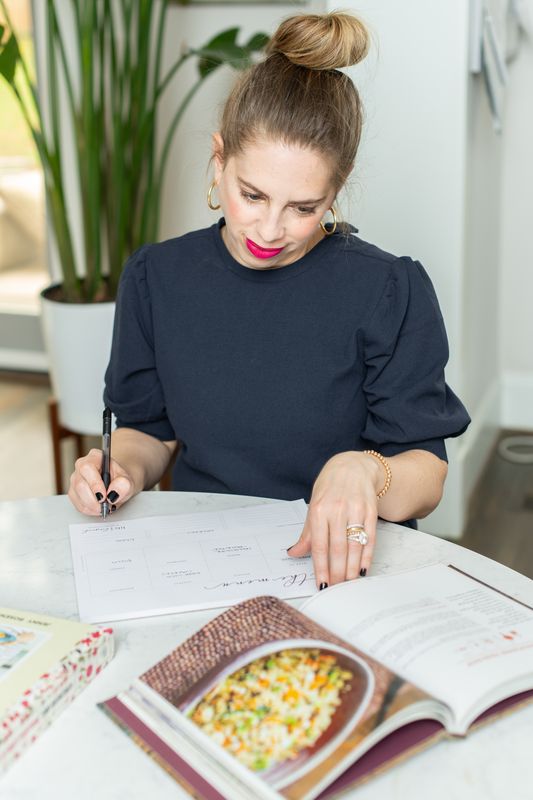
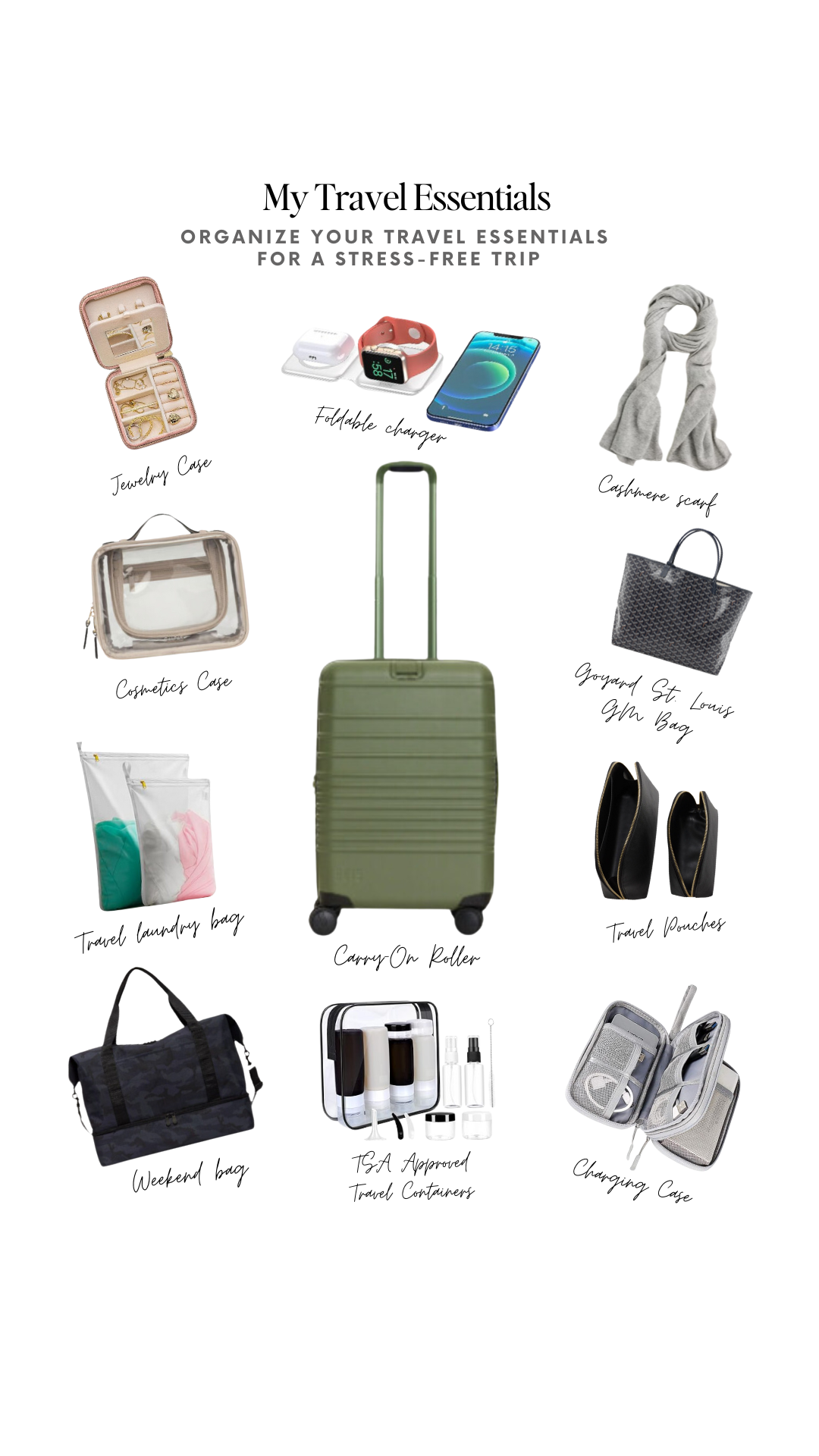

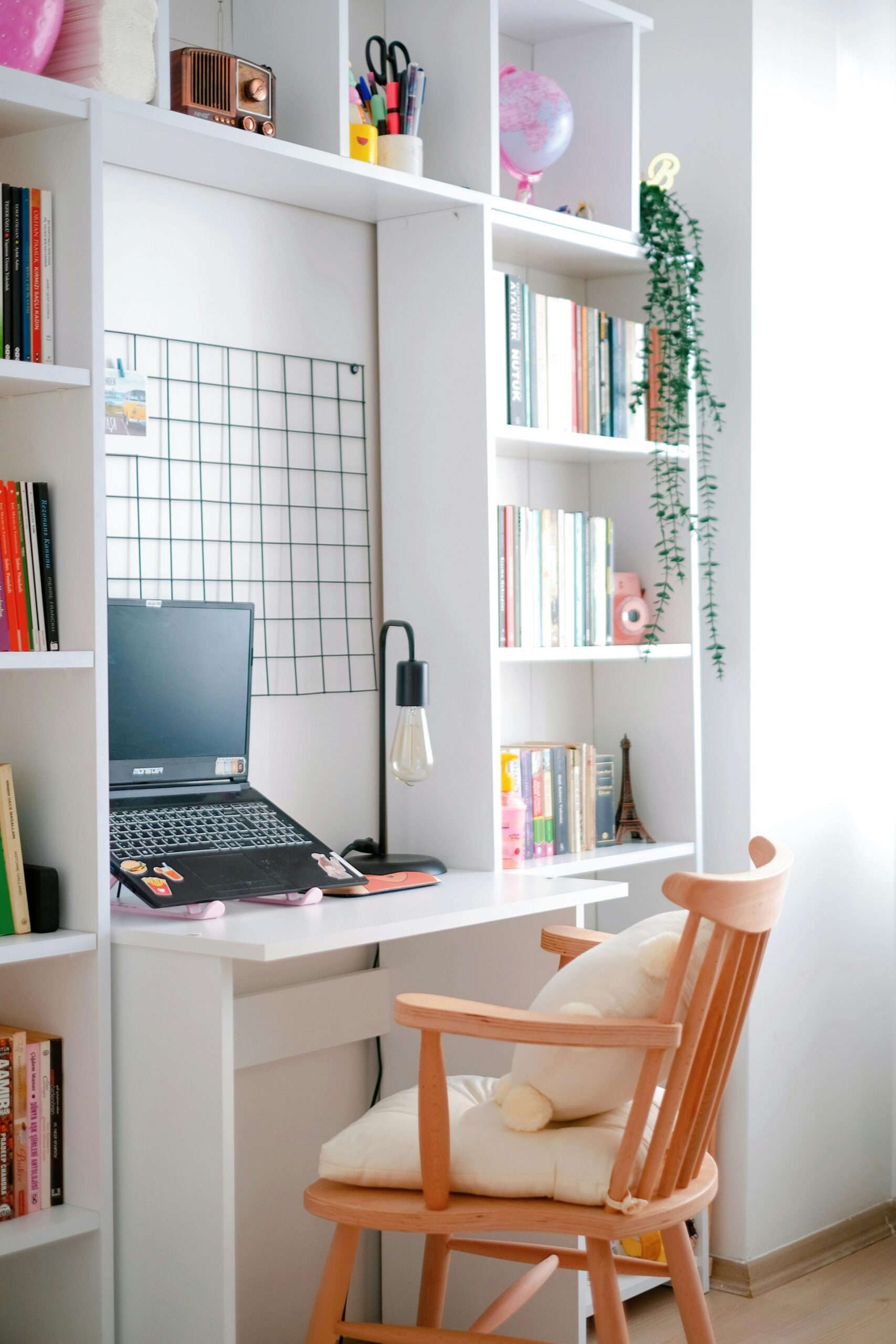



+ show Comments
- Hide Comments
add a comment